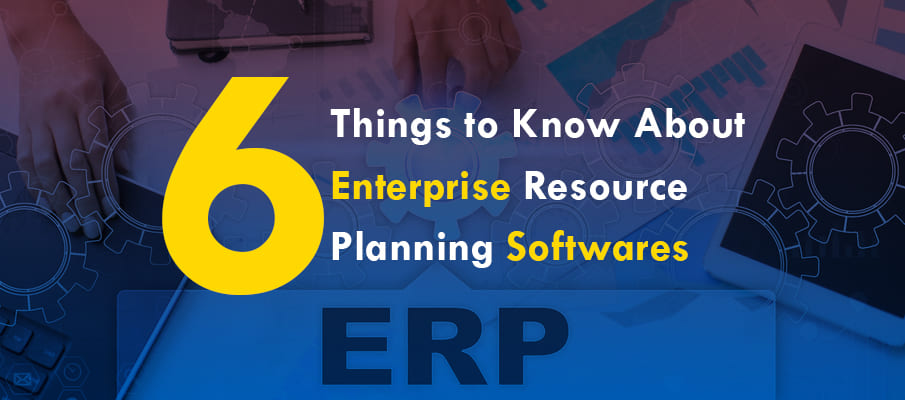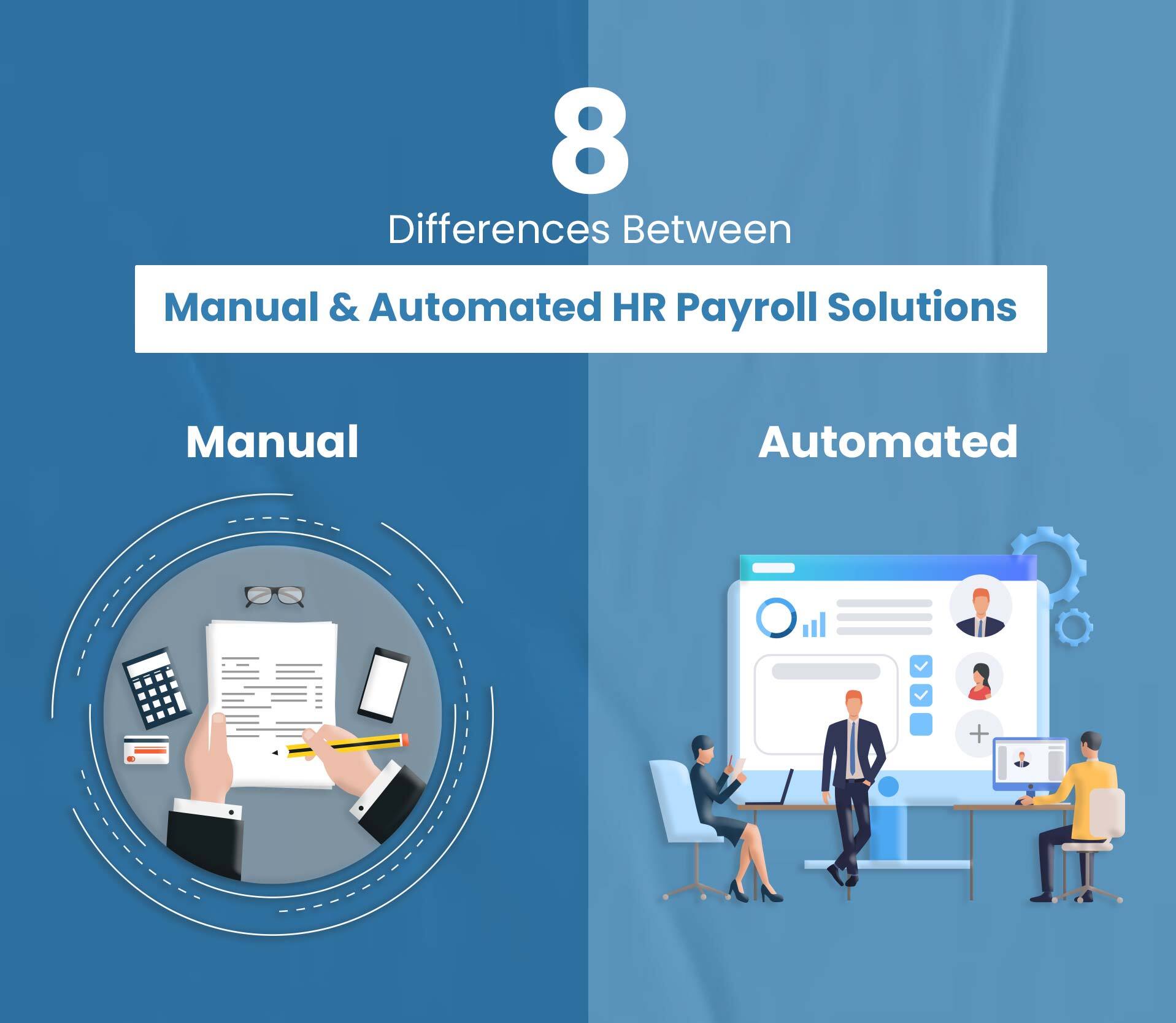Blog
Catch top stories, Stay updated with the trend
6 Things to Know About Enterprise Resource Planning Software's
ERP provides real-time data that is based entirely on accurate statistics, allowing managers and business owners to make the best decisions possible at the right time. All of this is achieved through software created using cutting-edge technology.
Enterprise Resource Planning (ERP) software not only standardizes but also integrates, and helps streamline business processes across multiple departments. It is software that can handle multiple tasks on a very large scale. As a result, knowing its primary characteristics and the benefits it can provide to a business is critical to comprehend its significance. Here are six things you should know about ERP;
- Diversity
ERP software is as diverse as the sectors it supports. Contrary to popular perception, there is no "one size fits all" or "off the shelf" business solution for logistics firms, pharmaceutical companies, or manufacturers; each business is unique, with distinct
requirements. The system you choose must have the capability to cater to your company.
ERP software provides you with real-time business data that is relevant to your company's objectives, targets, and goals. The data it creates should help in making better business decisions and should be an improvement and enhancement above the capabilities of your existing business system.
- Centralized Integration
ERP serves as a basic and common operating platform for all departments. ERP unites a corporation by storing data in a single location, similar to a central conveyor belt on which each department places its products, deliveries, and records.
Apart from boosting inter-departmental communication, unifying all departments guarantees that all operations are in sync and that any bottlenecks are quickly identified and resolved. Departmental integration also enables the management to get a complete picture of the entire business at all times.
- Useful for all Businesses
A prevalent misperception about ERP systems is that they are exclusively employed by large corporations and businesses. While large-scale businesses without hesitation invest extensively in ERP solutions, medium- and small-scale businesses also require them. ERP may contribute a significant difference in operations and greatly boost revenues.
ERP systems are necessary for medium and small-scale businesses due to rising competition and the economic and technological changes that are being seen in the world today.
- Standardized Procedures
You can standardize all of your business procedures with ERP. ERP may help you build up efficient workflow and keep order efficiently, whether it's a minor task or a large operation. Management and business owners will have more control over task assignments as a result of standardization and simplification.
- Remote Management and Monitoring
The ability to handle work remotely is the most noticeable feature of an ERP system. You can keep track of all operations while on the go, saving time and energy while increasing efficiency. Even if you are not physically present at the office, you can assure that no gaps occur using remote management and monitoring.
- Saves Time and Resources
Many tasks that would normally take several man-hours and resources can now be completed in a tenth of the time with ERP. ERP is similar to a machine that runs in the background with very few resources. ERP eliminates data duplication and inconsistency in record keeping, in addition to eliminating manual data feeding. As a result, ERP automation helps to dramatically reduce expenses in terms of both human resources and time.
- Wrapping it Up
ERP software systems can enhance resource usage and project management, allowing for more accurate monitoring of an organization's financial health and procedures. What is the secret to an ERP's ability to boost organizational efficiency? A centralized database that serves as the company's single source of truth. Although ERP systems have their origins in the manufacturing industry, they can now be used in practically every industry.
Does My Small Business Need a Website
Key Benefits of Having a Mobile App for Your Business
How to Outsource Your Business Digital Marketing
Why Small Businesses Need Custom Software Development
Importance of Search Engine Optimization for Small Businesses
What Is CRM And ERP And How It Can Be Beneficial For Businesses
6 Most Important Digital Assets for E Commerce Business
7 Most Common Web Design Mistakes Small Businesses Make
See All



.jpg)
